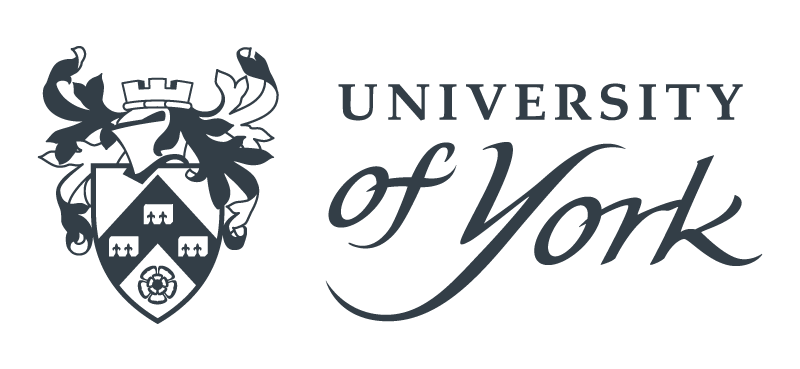Discussing career ambitions
The performance review process should include an honest discussion about an individual's career aspirations, how these fit with the needs of the organisation and how they might be realised.
Three simple questions could be asked:
- What are your future career aspirations?
- What potential moves or actions are required to meet these?
- What support might you need and from who?
Different approaches
Be aware that career aspirations will vary and require different approaches. For example:
- Where an individual has no ambition to move to a higher grade, the challenge will be to ensure that they are continually developed and stretched to maintain their current levels of job performance and satisfaction.
- A strong performer who is looking to gain promotion will require line manager support to put them in the best position possible to be seen as a strong candidate for suitable openings. Managers can help individuals to identify the possibilities available to them and provide appropriate support, within the context of their current role, to develop the necessary skills, experiences and behaviours.
- A strong performer who due to gender, culture and other influences may be less likely than others to put themselves forward for advancement, or consider themselves ready for it may require additional encouragement. Managers should do their best to facilitate a realistic self-appraisal by the reviewee.
- An individual who believes they are capable of working at a higher level but who is not seen to be performing in their current role or to have the potential to progress further, will require the line manager to initiate an honest but constructive conversation. The purpose of this will be to help the individual to improve their overall performance and to demonstrate the skills and capability that they believe they have.
Professional support staff
If you are reviewing a member of professional support staff, you may find it useful to explore the section on supporting the development of others in the PS Career Development resources. There you can find guidance on facilitaing developmental conversations and advice on how to support your reviewee to plan their development. You should encourage your reviewee to explore the suite of career development resources as part of their development planning.
Early career researchers
Early career researchers and Postdocs are strongly encouraged to make use of the University's 'Looking Beyond Horizons' resources. Early career researchers and Postdocs have ten days per PDR year to engage with development activities. This will enable them to conduct a skills analysis, to consider their career options and to create a Professional Development Plan. The PDP should be shared with you as the reviewer along with the PDP form. During the meeting please discuss with them what opportunities are available or could be developed to support their professional development. This may include for example, the researcher joining a committee, getting a mentor or a coach, or taking part in public engagement. This information and set of experiences can then be used to support and supplement job, grant and Fellowship applications.
Technicians
Technicians have ten days per PDR year to engage with Continuing Professional Development (CPD) activities. As part of the PDR, ask the reviewee to outline the type of CPD activities they would like to undertake in the coming year. Encourage them to keep a rolling record of their CPD activity as it will be useful if they decide to become professionally registered.
